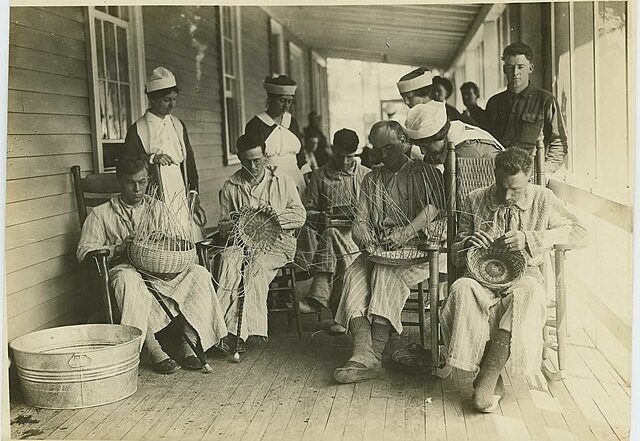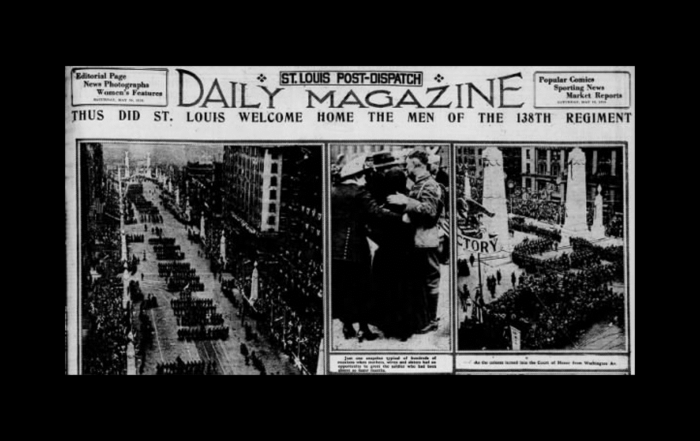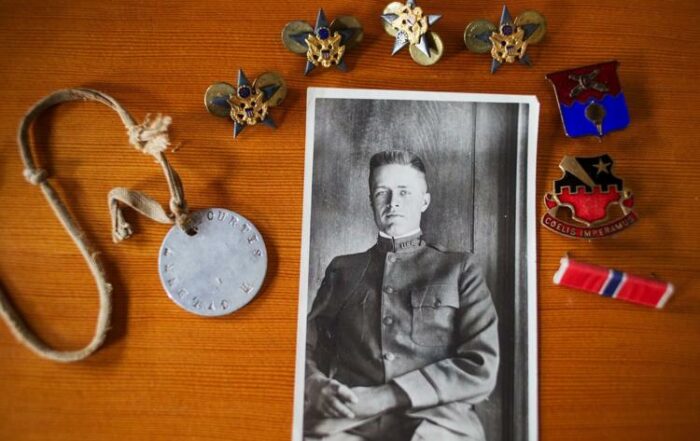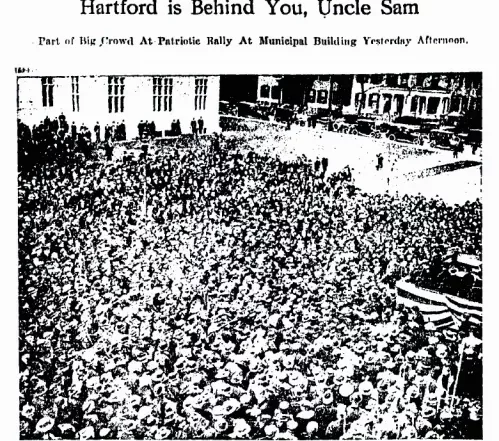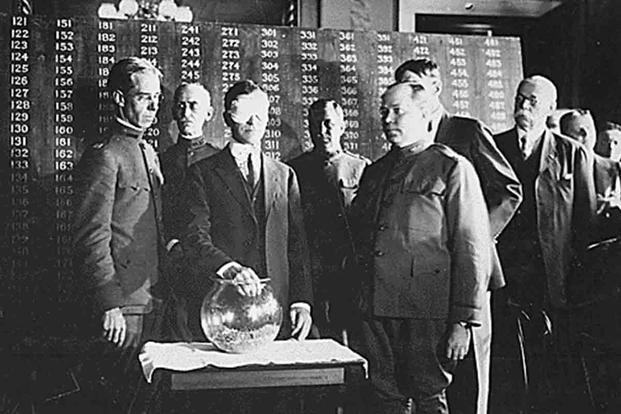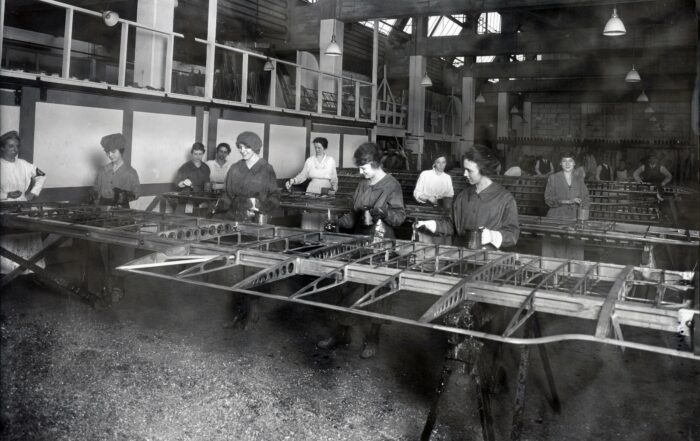Featured Articles
How the ravages of history launched two profound professions
World War I helped transform therapy into two separate categories When a doctor recommends occupational therapy (OT), rather than physical therapy (PT), many people don't at first realize there are two kinds of therapies. It [...]
When the Doughboys came home, St. Louis threw a homecoming party for the ages
ST. LOUIS • The doughboys formed ranks in favor of "100 percent Americanism" and against the city of Chicago. The veterans of World War I who created the American Legion first met on American soil [...]
It Happened Here: Yakima County gets ready to fight as World War I is declared
When the U.S. Congress voted to declare war on Germany and join World War I, Yakima County quickly moved to a war footing. Military recruiters, who prior to the April 6, 1917, declaration were struggling [...]
O! Say, Can You See It’s Opening Day?
Today is Opening Day for The Baltimore Orioles. It’s time to revive the game-day traditions, play catch, and warm up those voices. Why? Find our why we sing the Star Spangled Banner at the beginning [...]
April 7: WWI War Fever Heats Up Hartford
Today in 1917, citizens of Hartford, CT thronged the streets in a mass patriotic meeting to show support for America’s formal entry into World War I. The Great War had been raging in Europe for [...]
The World War I editorial that W.E.B. Du Bois regretted for years
In ‘The Wounded World,’ Chad L. Williams recounts Du Bois’s disillusionment over the war and his struggle to publish a book about Black soldiers’ experiences At the height of World War I, W.E.B. Du Bois [...]
The Top 5 Reasons Americans Were Unfit for Military Service During World War I
The Pentagon has been sounding the alarm for years: More and more American males are unfit for military service. The calls for action haven't gone unheard, but the branches of the military are still struggling [...]
Michigan’s important manufacturing role in WWI
Going into World War I, the U.S. was an isolationist nation and not a major military power. But the United States still stood out during the war for one reason: the American system of manufacturing. [...]
AFLCMC Women’s History Month Highlight: World War I
While “Rosie the Riveter” is an icon of World War II and in American women’s history, the opportunities she represented were first made more than two decades earlier—including in World War I aircraft production and [...]

